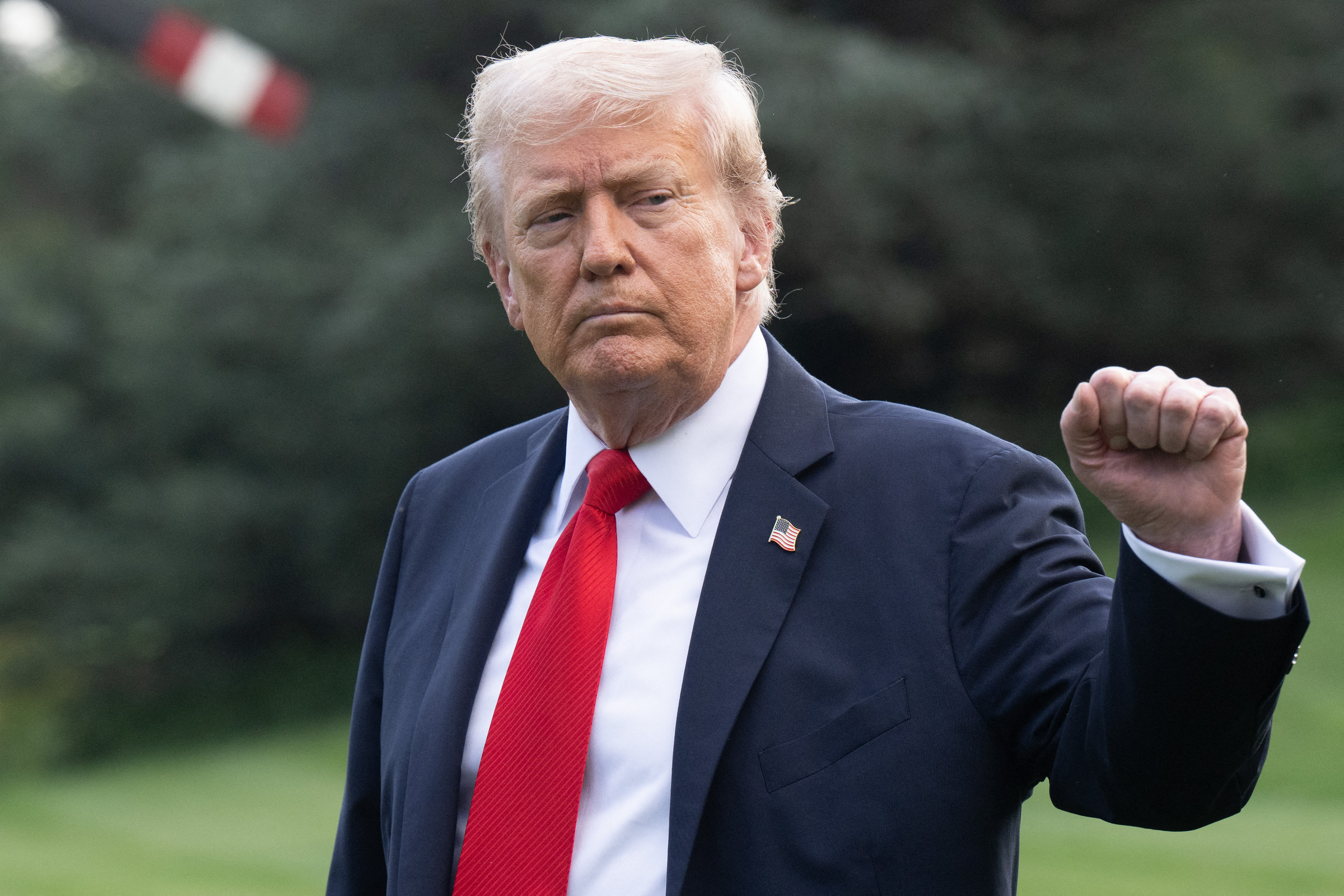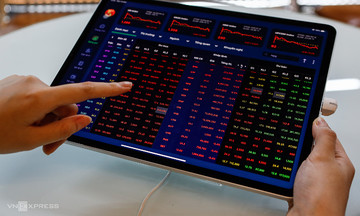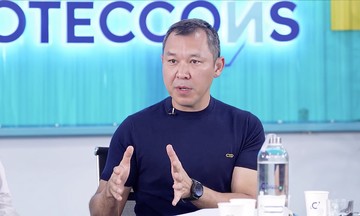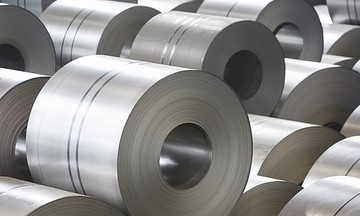In just over a week, the US Supreme Court will confront two cases with significant consequences for both the court and former President Donald Trump. On 18/9, the Trump administration petitioned the Supreme Court to overturn a lower court ruling that prevents him from dismissing Lisa Cook, a member of the Federal Reserve Board of Governors, initially appointed by former President Joe Biden. Trump's attempt to remove her is unprecedented since the Fed's establishment in 1913.
Earlier, on 9/9, the Supreme Court also agreed to hear the Justice Department's appeal of a federal appeals court ruling in Washington. The court will review the legality of Trump's import tariffs imposed during his current term, based on the International Emergency Economic Powers Act (IEEPA).
Historically, IEEPA has been used to impose sanctions or freeze assets. Before Trump, no US president had used it to levy tariffs.
 |
President Donald Trump at the White House on 11/9. Photo: AFP |
President Donald Trump at the White House on 11/9. Photo: AFP
"Since President Trump began his second term, we've seen the Supreme Court issue several rulings in his favor. The cases involving import tariffs and Lisa Cook will push the Court even further. If they continue to side with the President, his power will only grow," said Sarah Konsky, director of a research center at the University of Chicago Law School.
The Supreme Court will begin its 9-month term on 6/10. On 9/9, they announced they had expedited the import tariff case. The first arguments will take place in the first week of November. The Lisa Cook case may also be fast-tracked.
The court's rulings in these two cases have major implications for the US economy and monetary policy, concerning the future of hundreds of billions of USD in import tariffs and the Fed's independence.
Since returning to office in January, Trump has implemented a series of unprecedented policies to reshape the government, tighten immigration, and pressure his rivals.
Many of his controversial policies have been challenged in court. While lower courts have issued rulings obstructing Trump's agenda, the Supreme Court has often ruled in his favor. The Court allowed him to dissolve the Department of Education and approved his dismissal of tens of thousands of federal employees. Trump also secured a significant victory when the Supreme Court limited the power of federal judges to block his executive orders.
The question now is whether the pillars of Trump's economic agenda will achieve similar results. "He certainly wants to assert his power in both of these cases. We'll see what the court has to say about that," commented law professor Ilya Somin at George Mason University. However, he cautioned that granting the President excessive executive power would "undermine the rule of law and the stability needed to maintain an efficient economic system."
Trump seeks to dismiss Cook based on allegations of mortgage fraud before she took office, which Cook denies. As the first Black woman on the Fed's Board of Governors, Cook believes the accusations are a pretext for her dismissal due to differing views on monetary policy.
When the Fed was established in 1913, Congress included provisions to protect the central bank from political interference. Fed governors can only be removed by the president "for cause," but the law doesn't define this term or establish a removal procedure. No president has ever dismissed a Fed governor, and this law has never been tested in court.
Regarding trade policy, Trump invoked IEEPA in April to impose tariffs on most trading partners to reduce the deficit. He previously used IEEPA to impose tariffs on China, Canada, and Mexico to combat drug trafficking.
The global trade disputes initiated by Trump increased financial volatility, fueled global economic instability, and prompted many trading partners to avoid the US market. The Court of Appeals deemed these tariff policies unlawful.
Robert Luther III, a law professor at George Mason University, stated that the President has the authority to guide US economic policy. He predicted the Supreme Court would side with Trump on both the tariffs and Cook's dismissal.
"President Trump has made it clear that import tariffs are central to his economic policy. If the Supreme Court removes a pillar of that foundation, the whole edifice will crumble," Luther said.
Ha Thu (Reuters)












